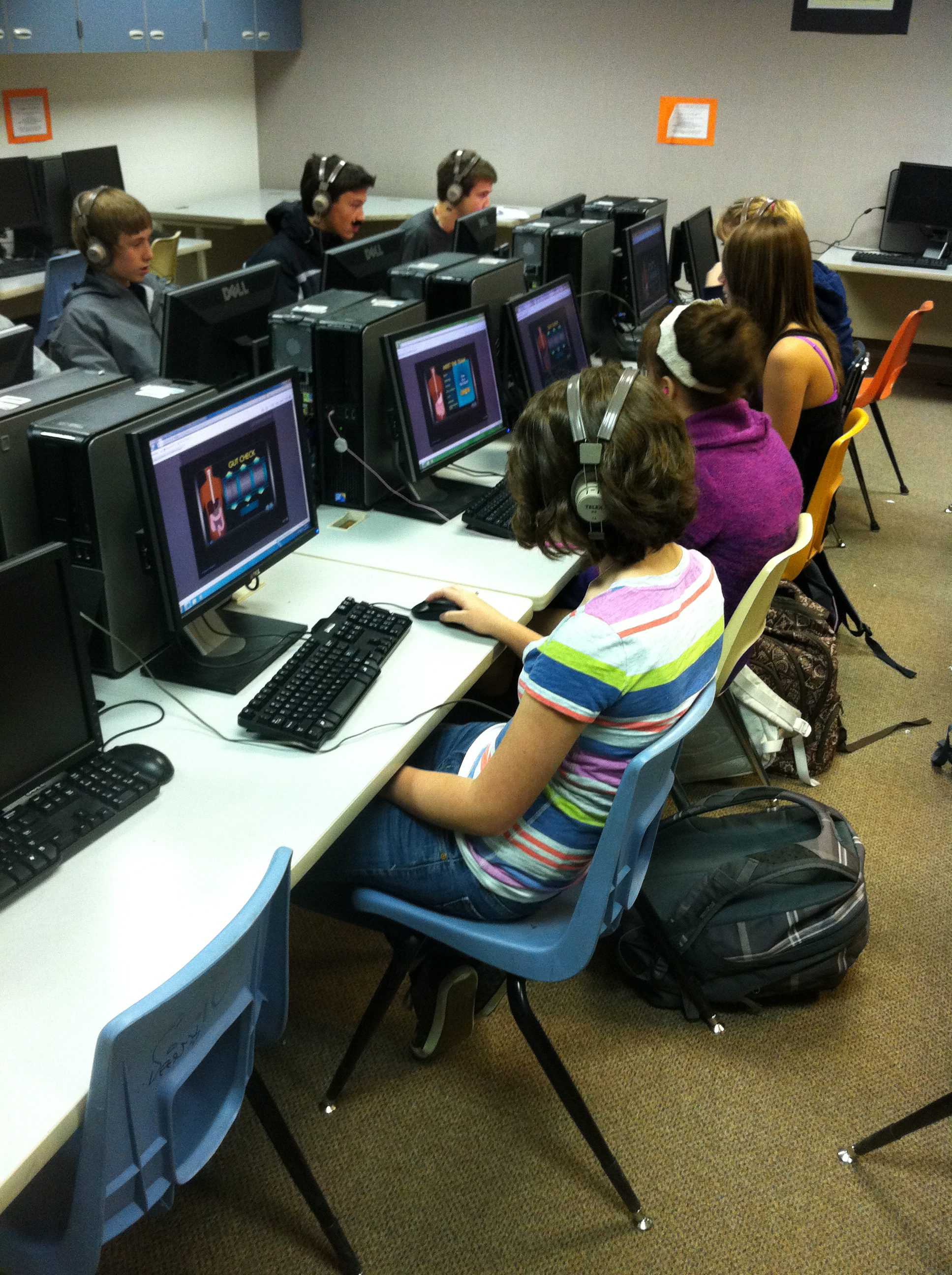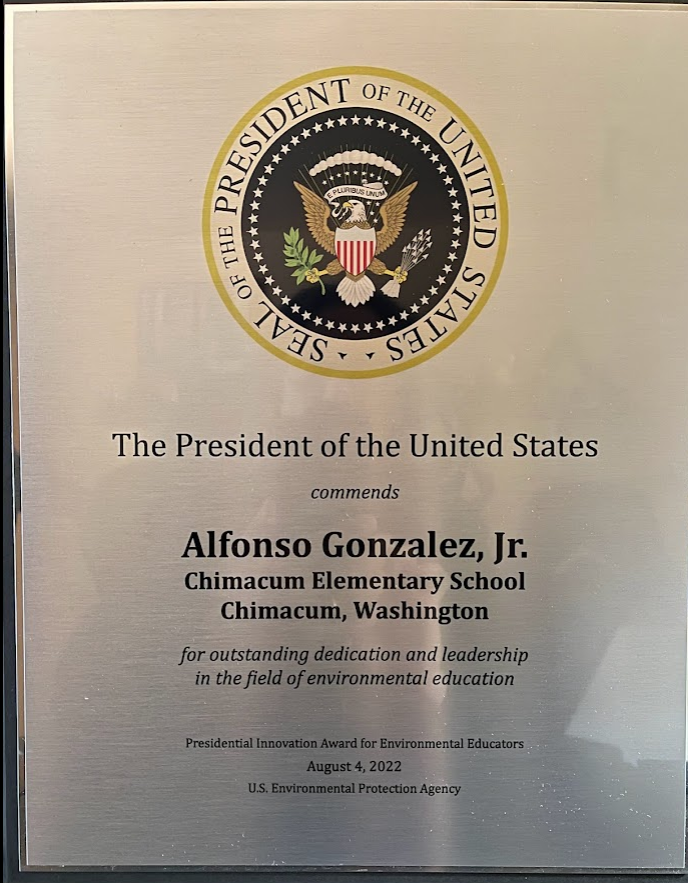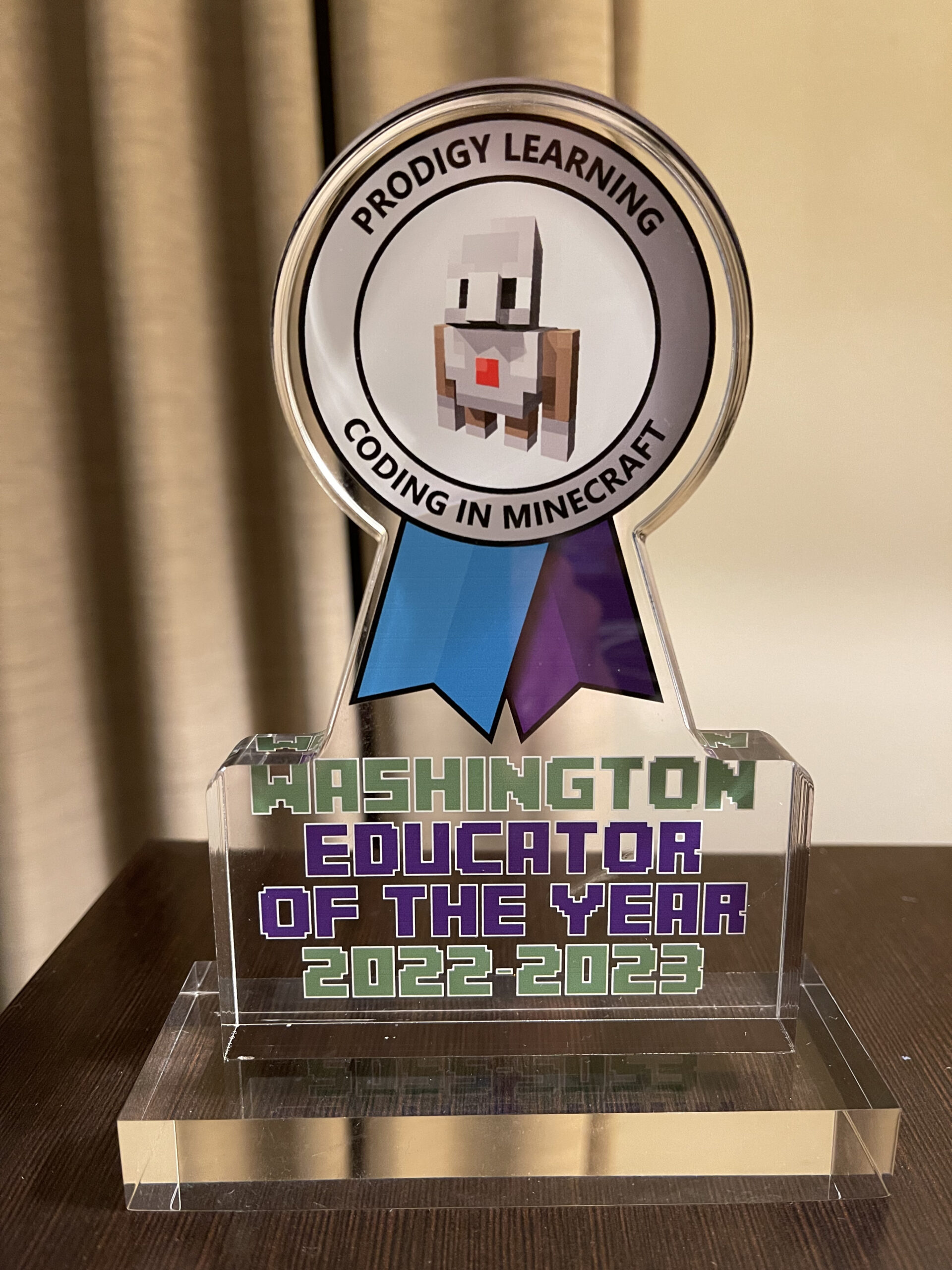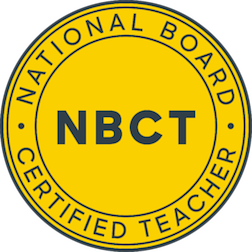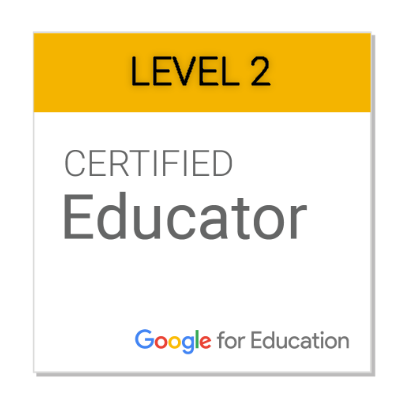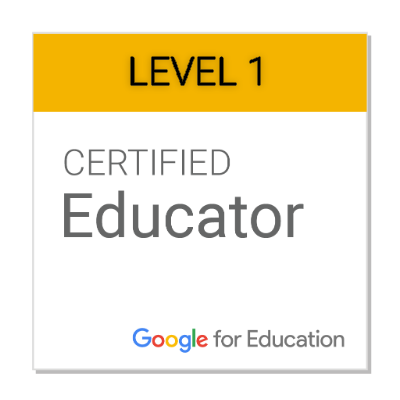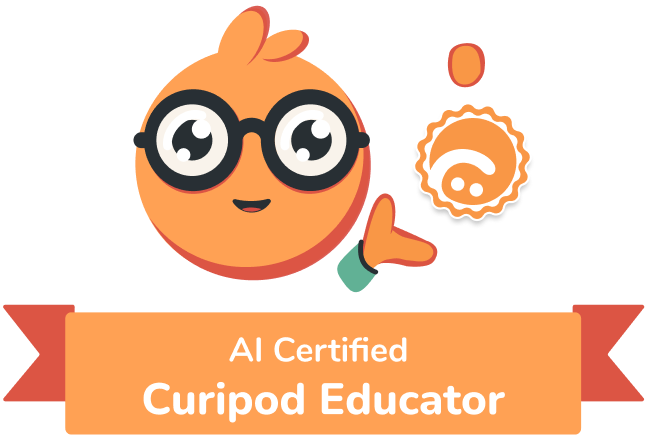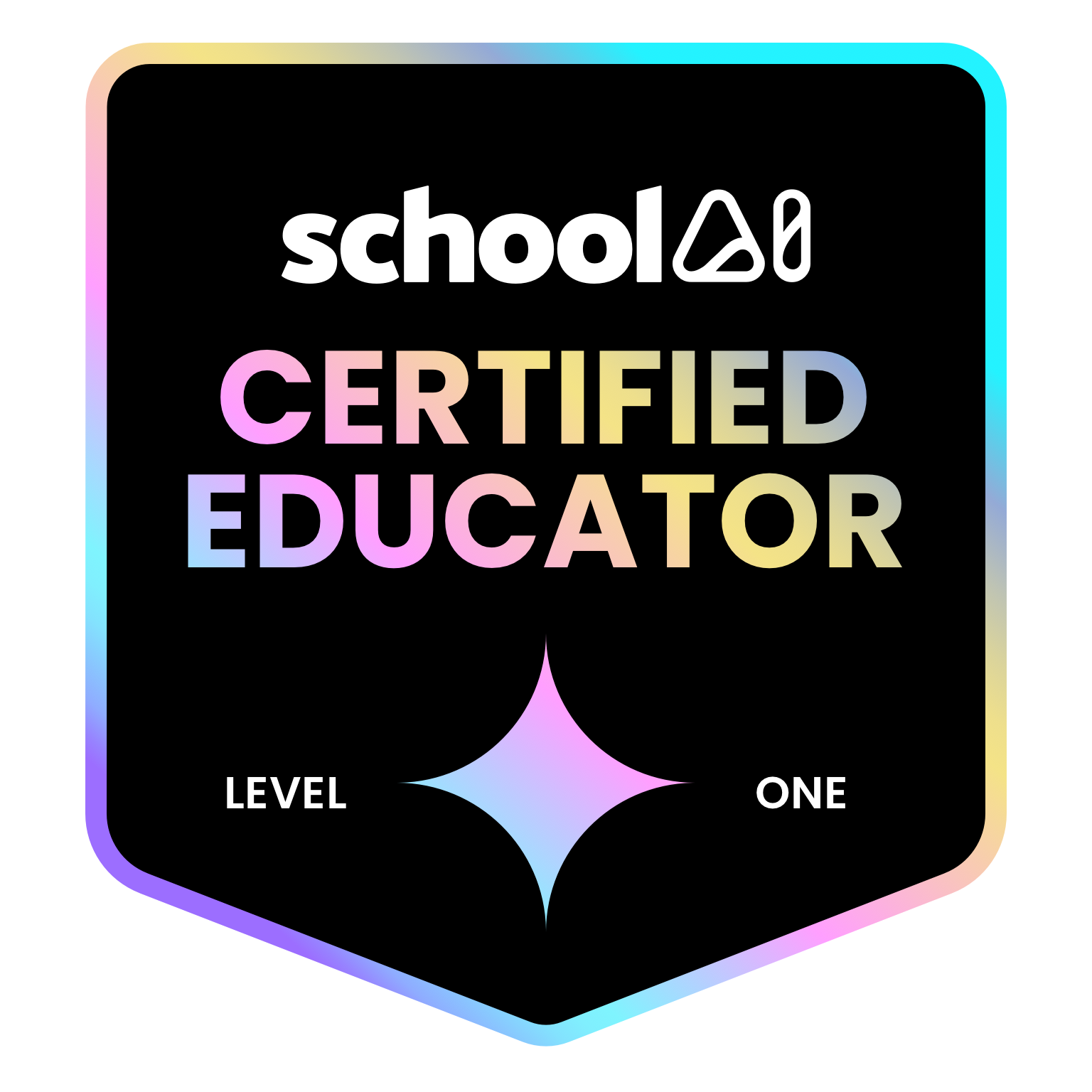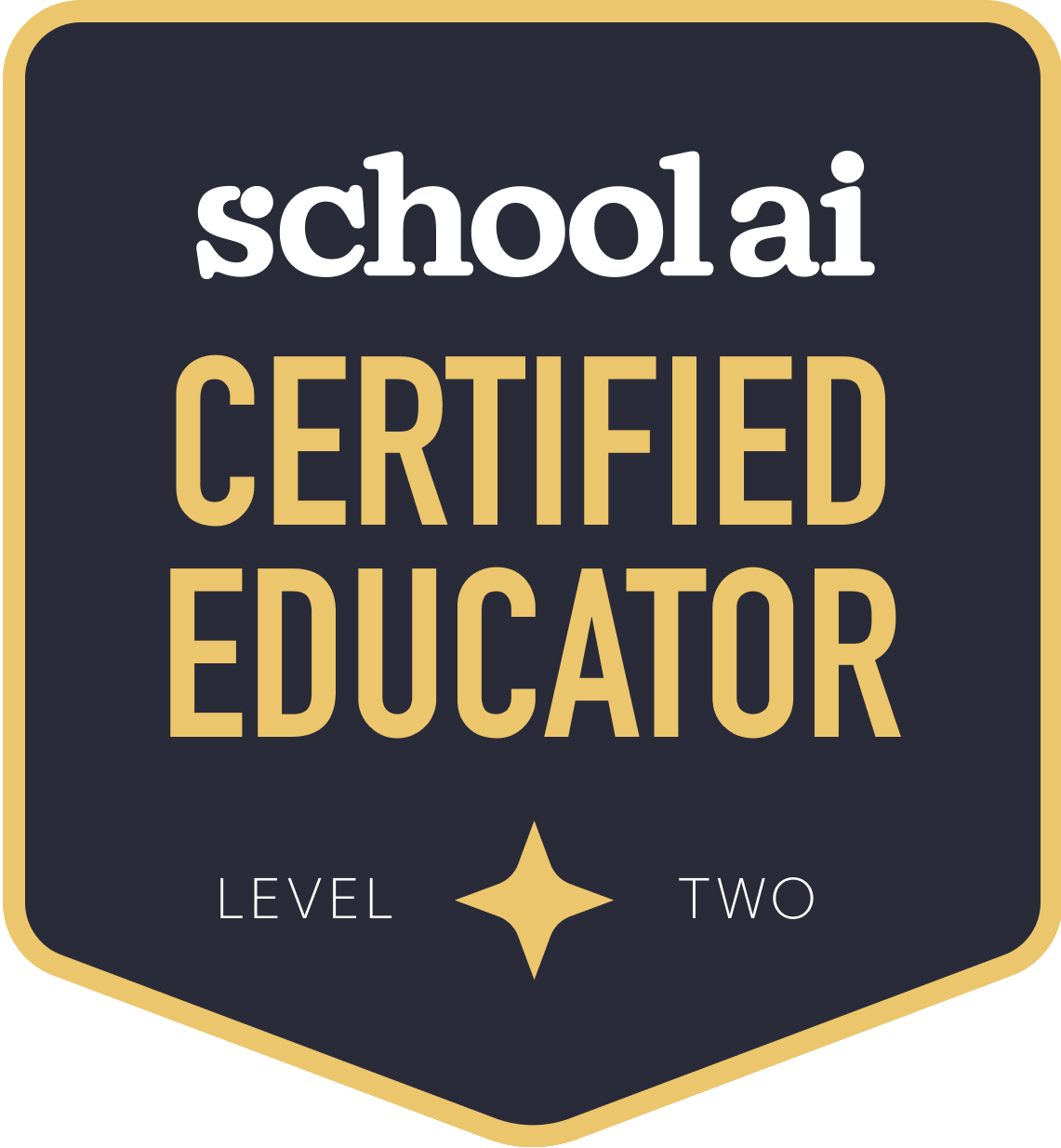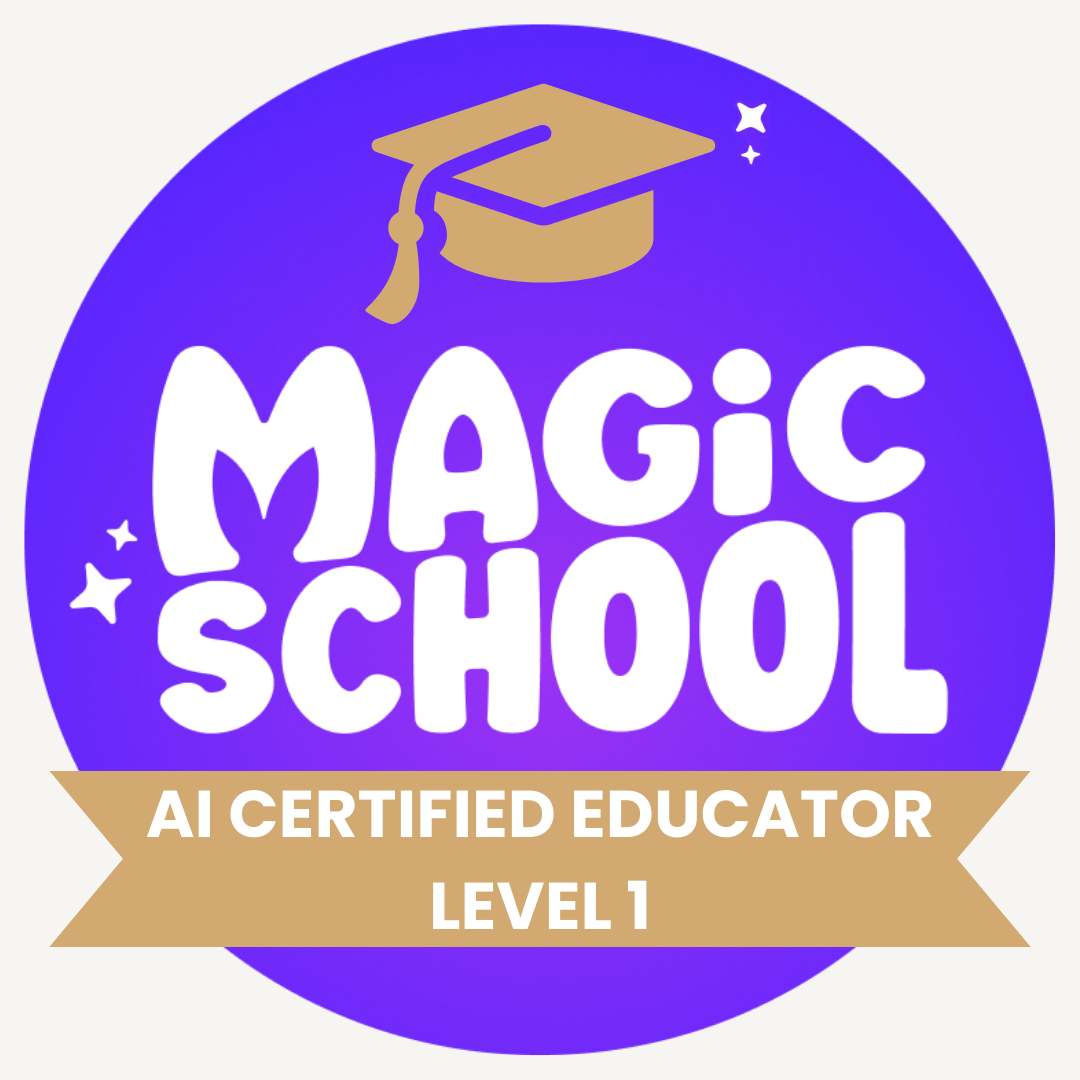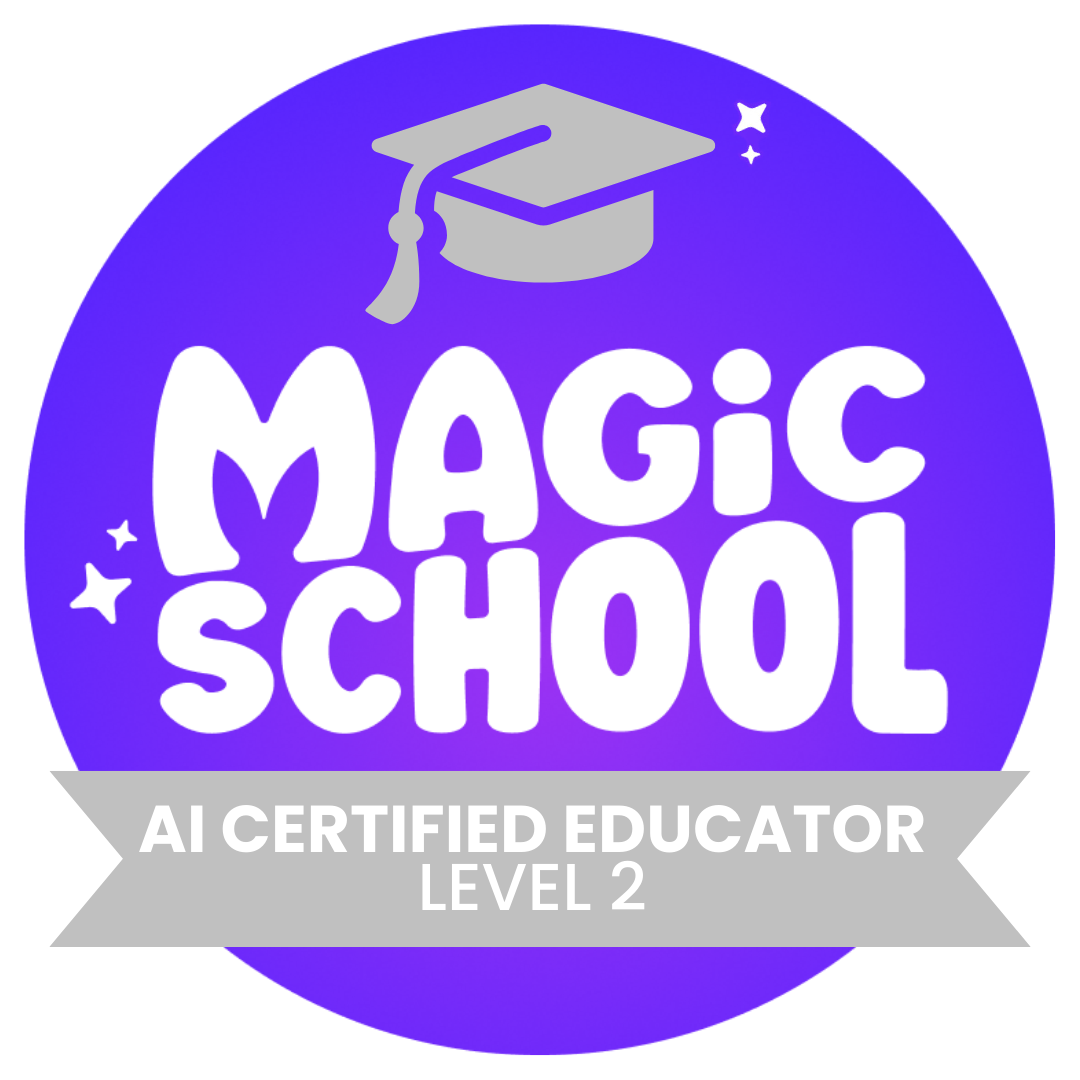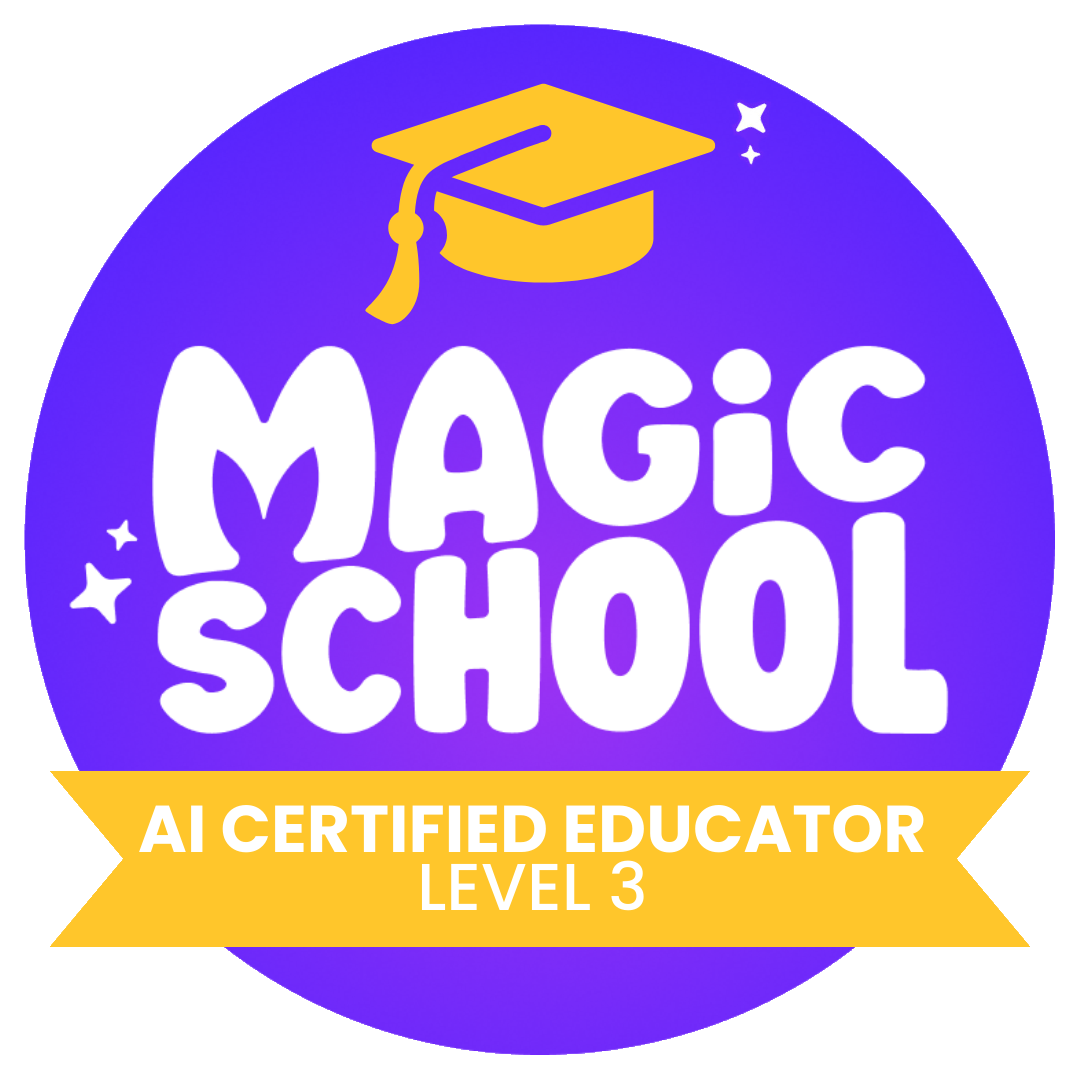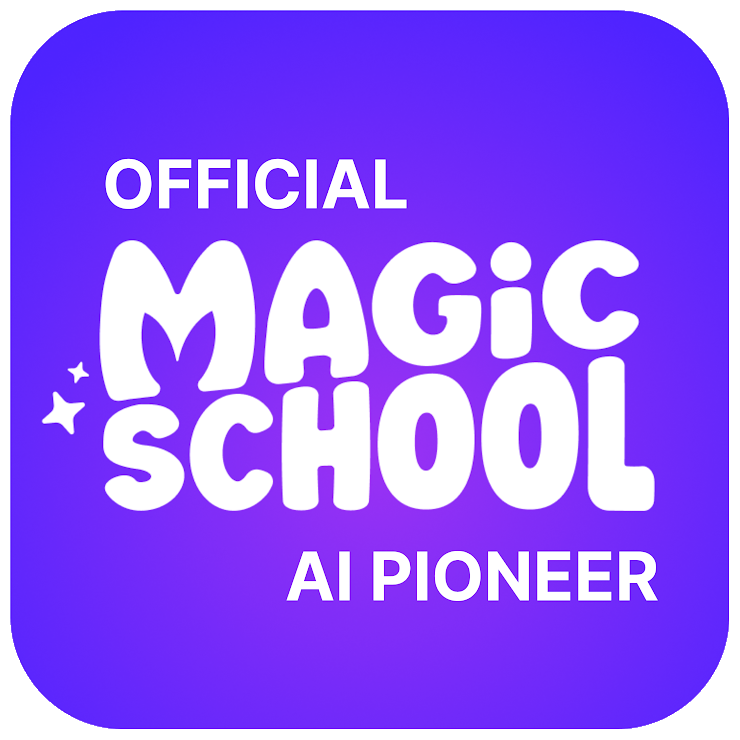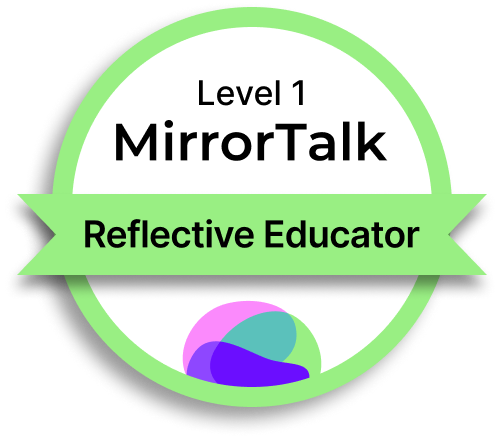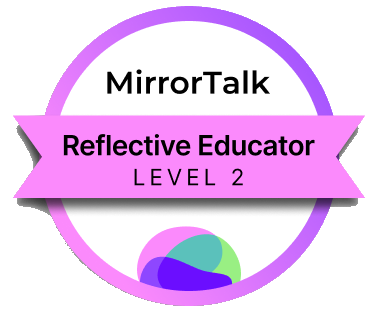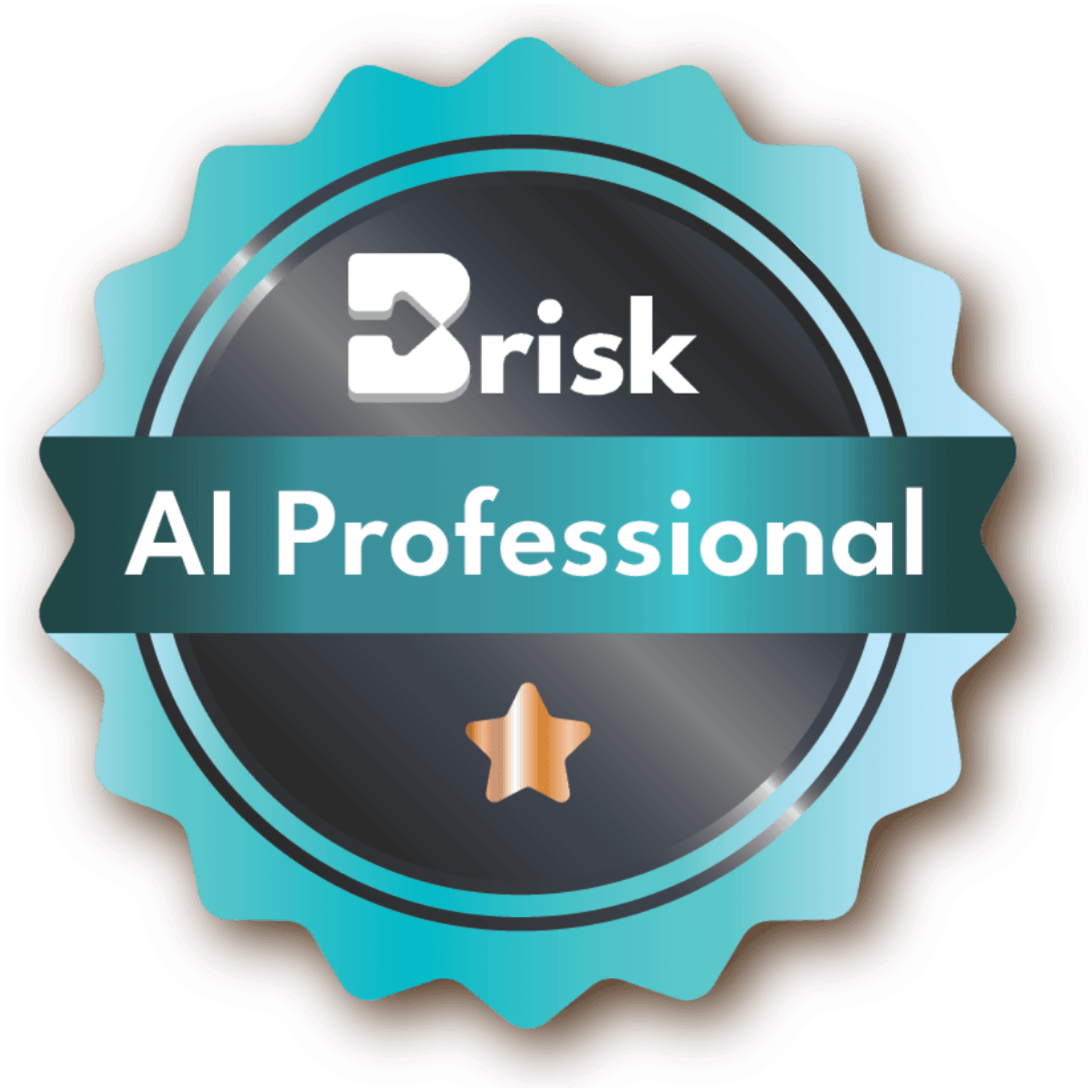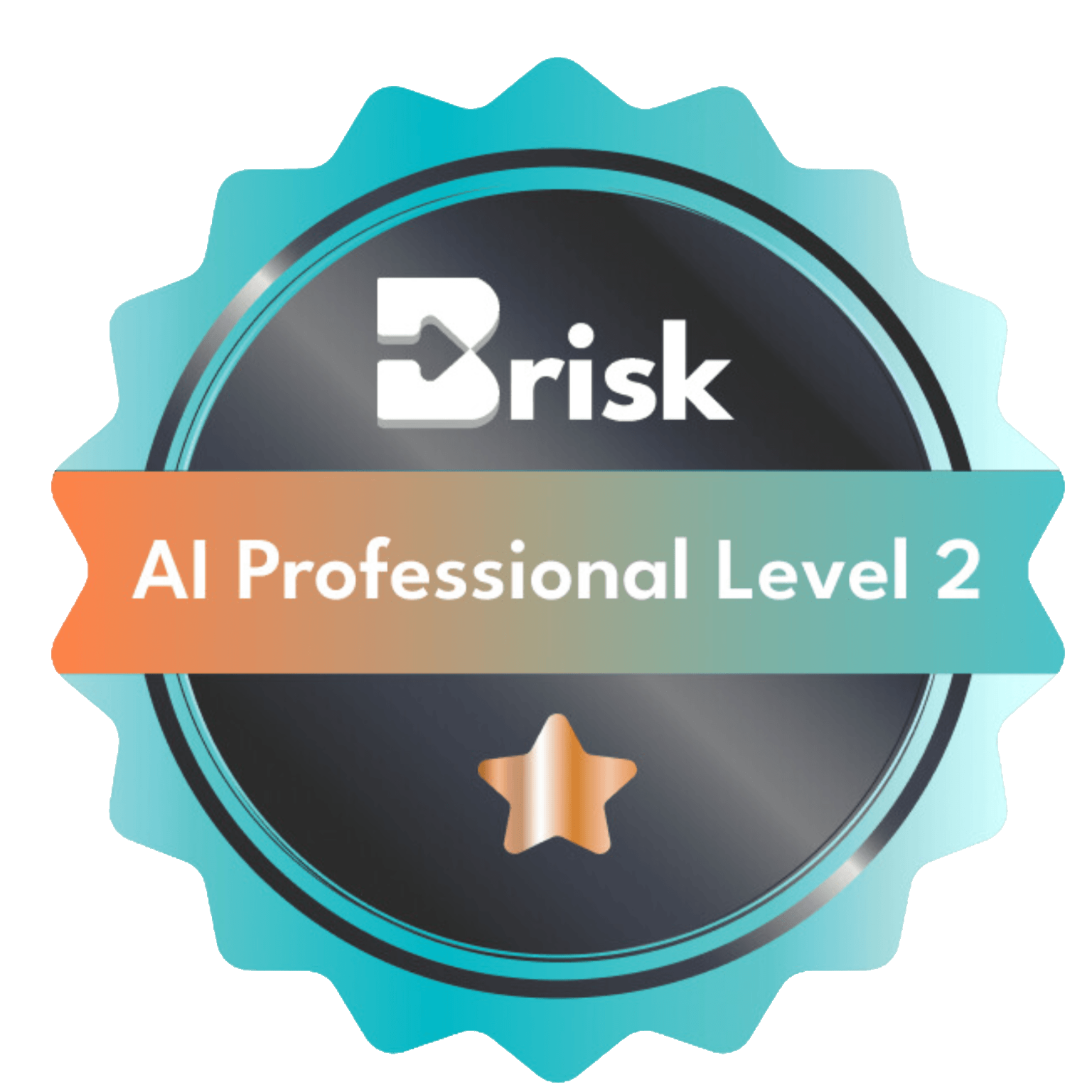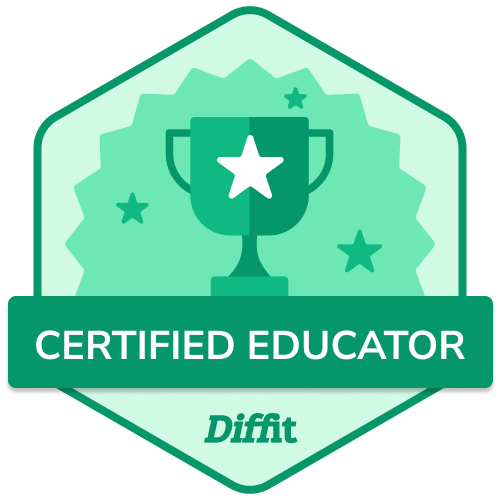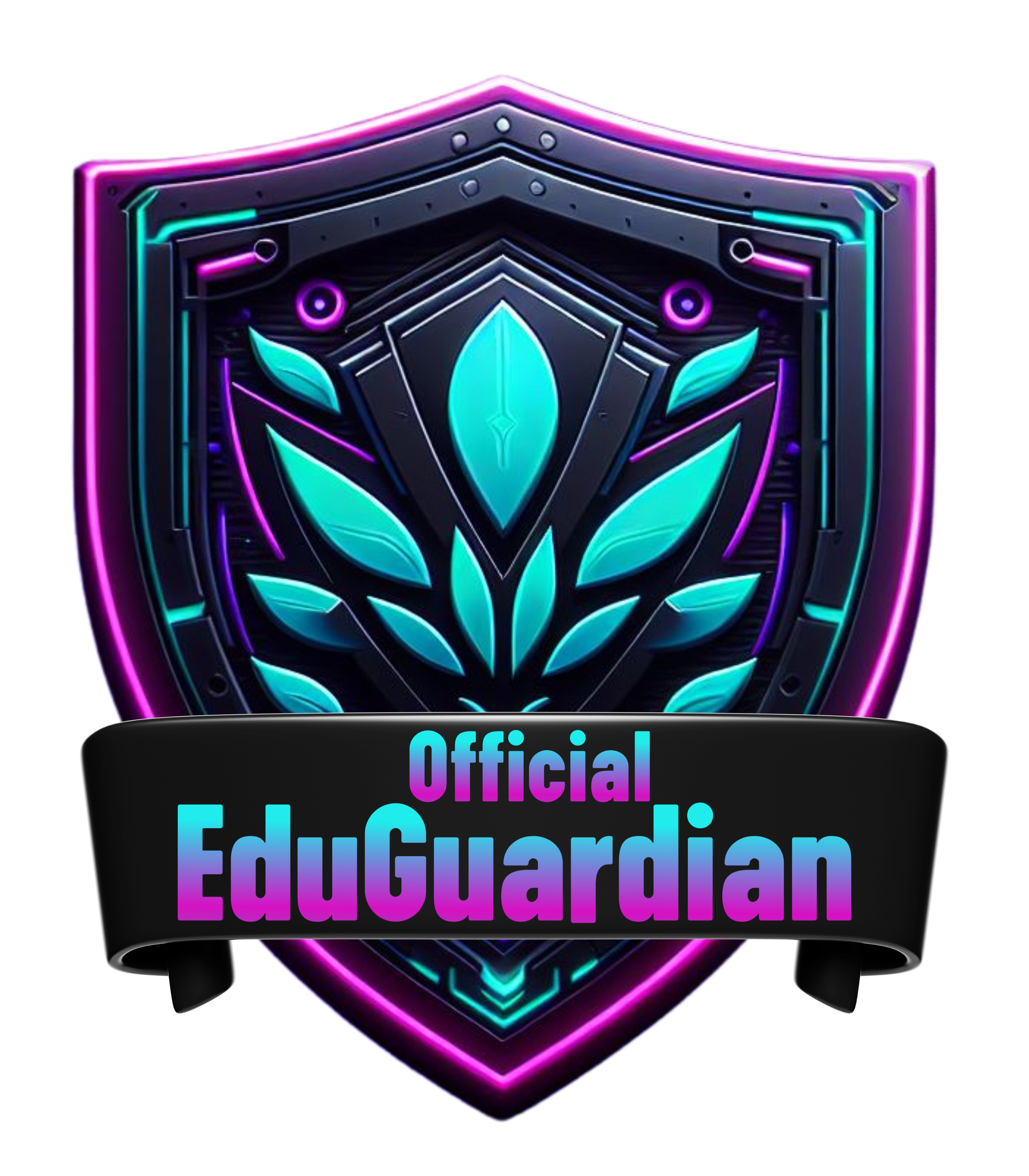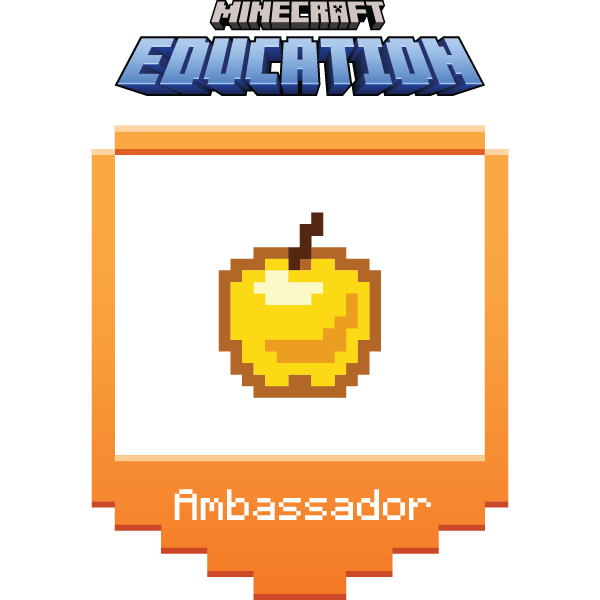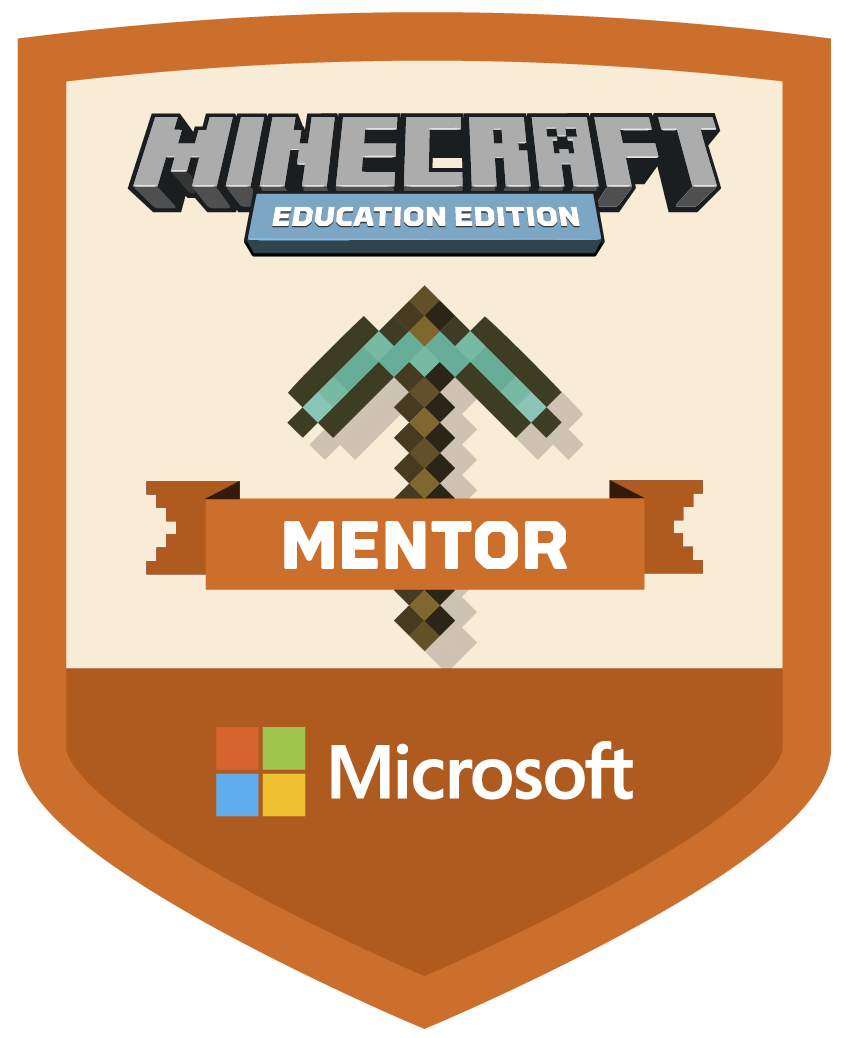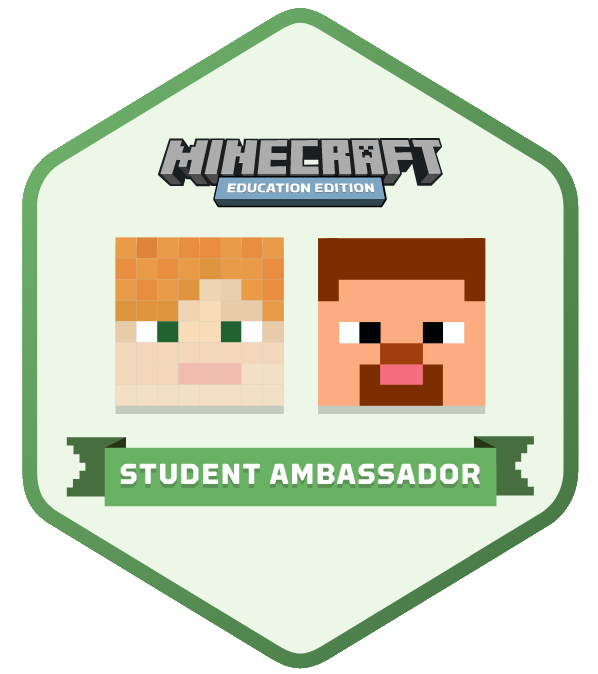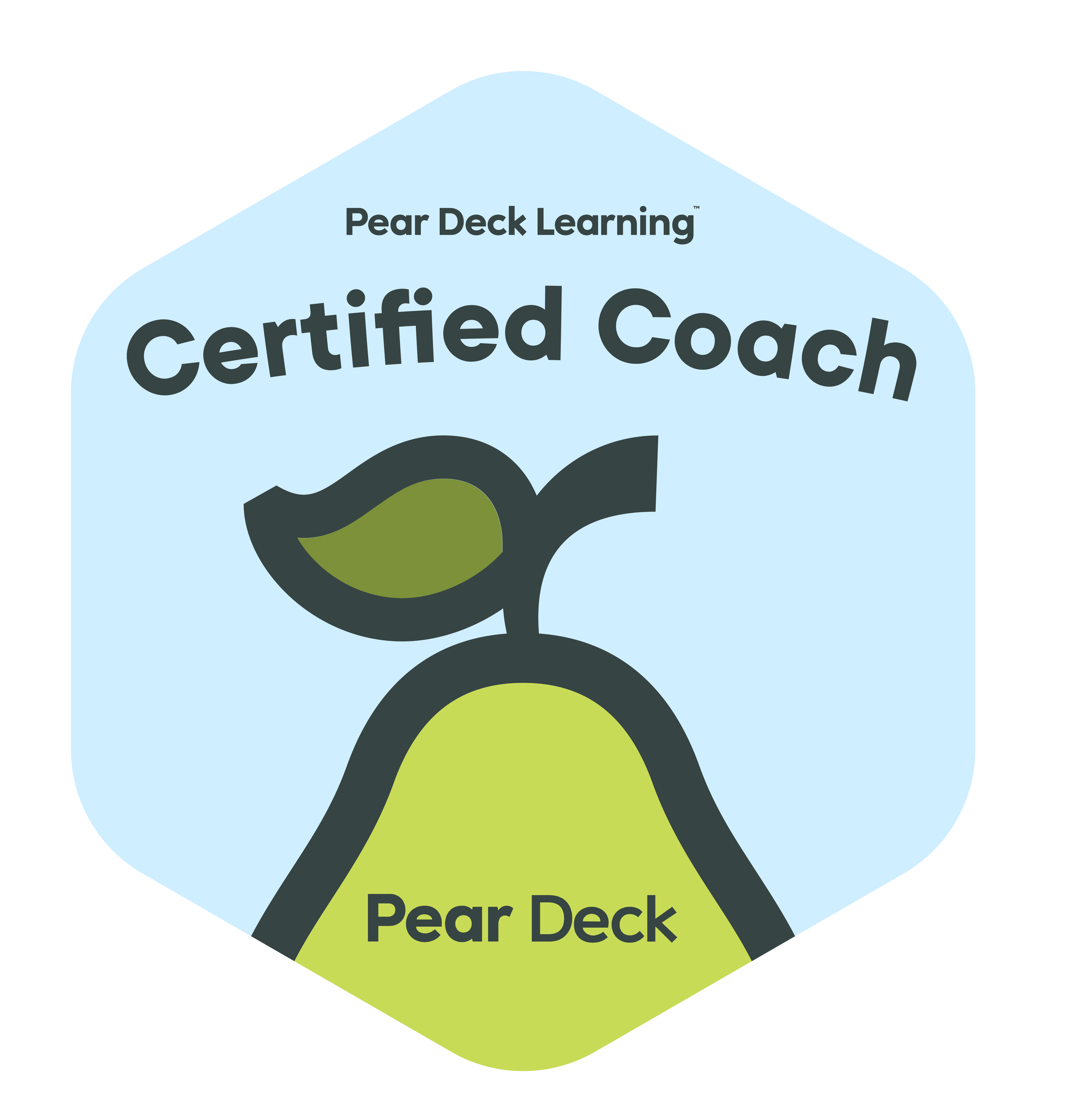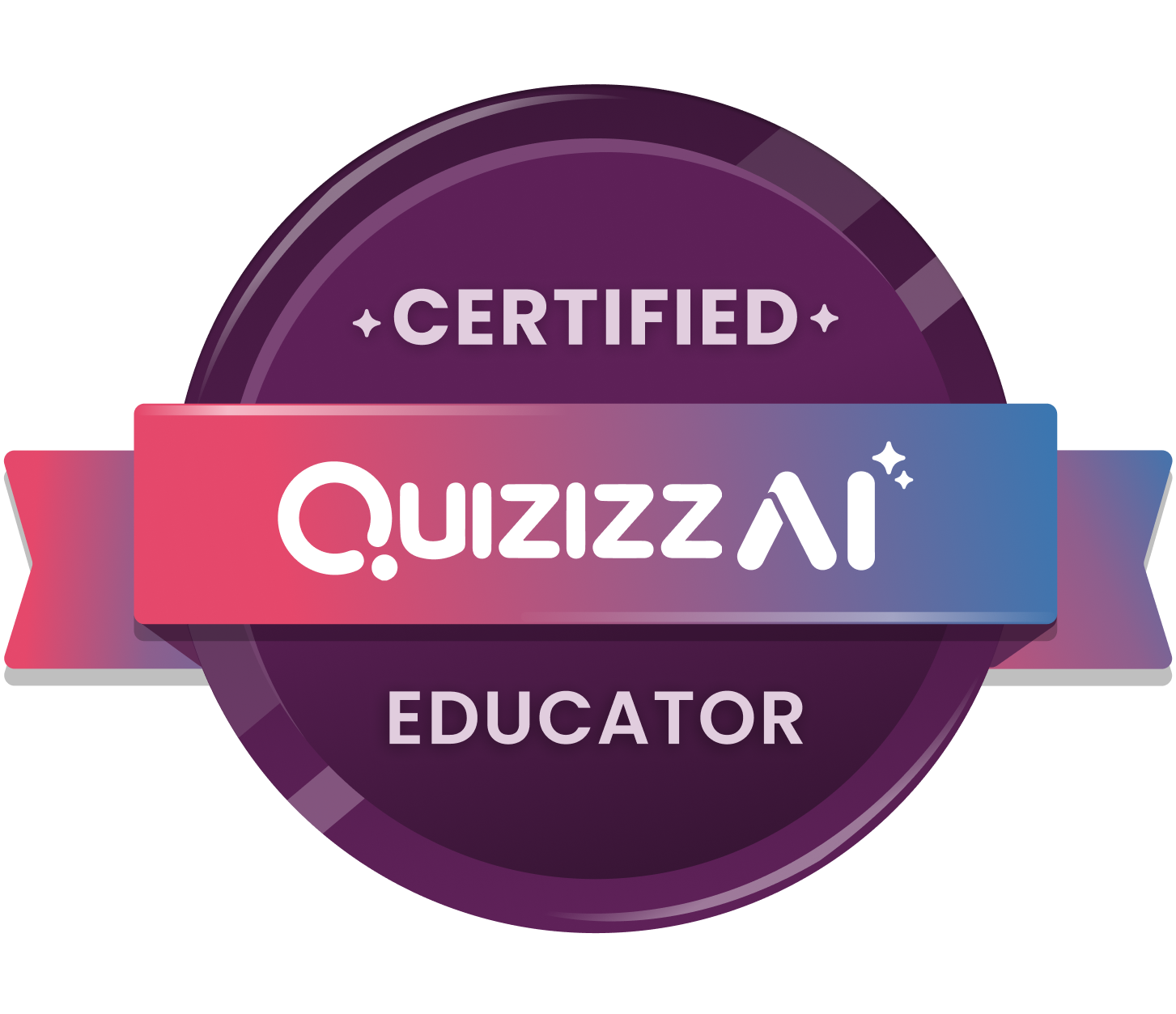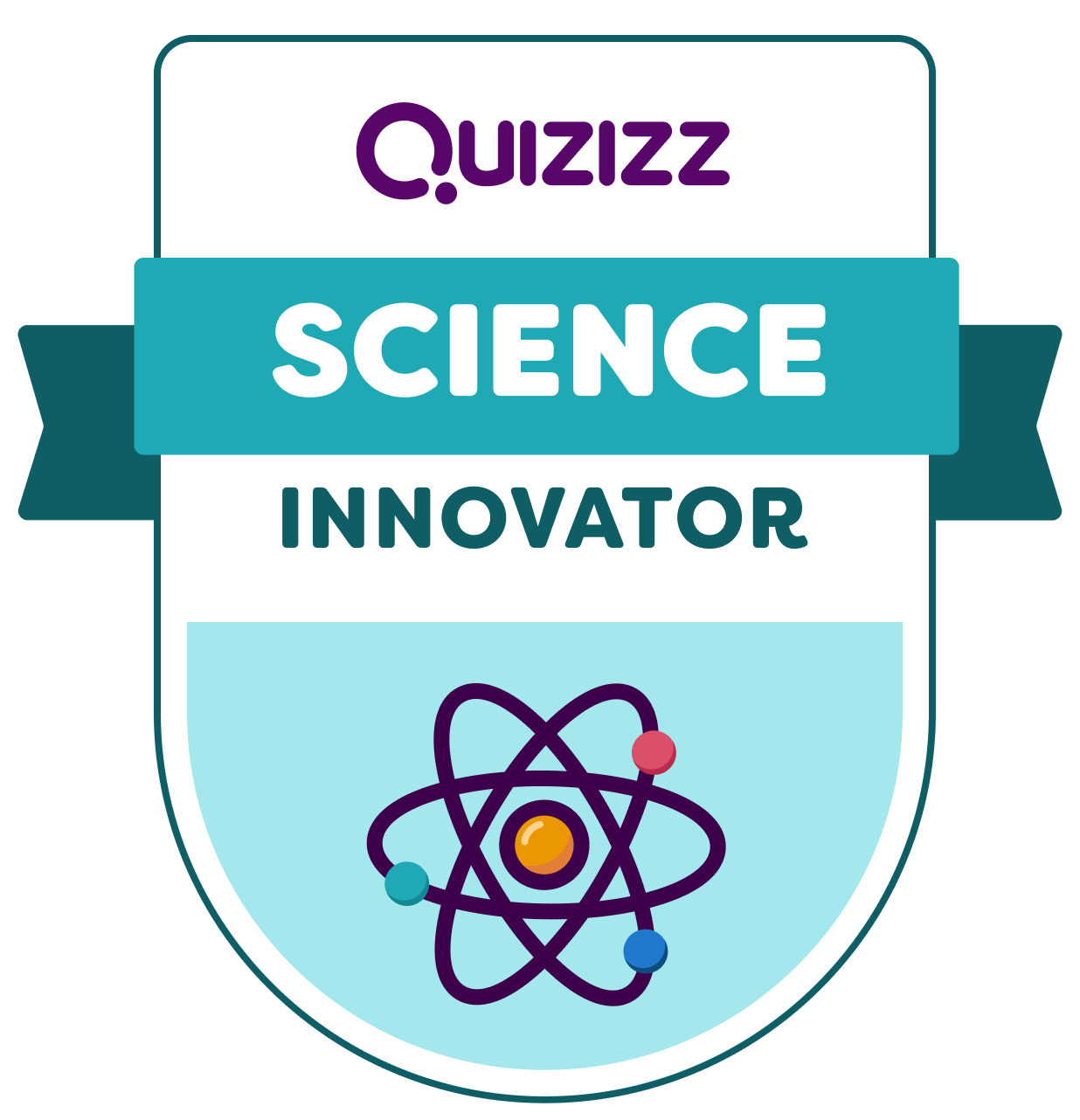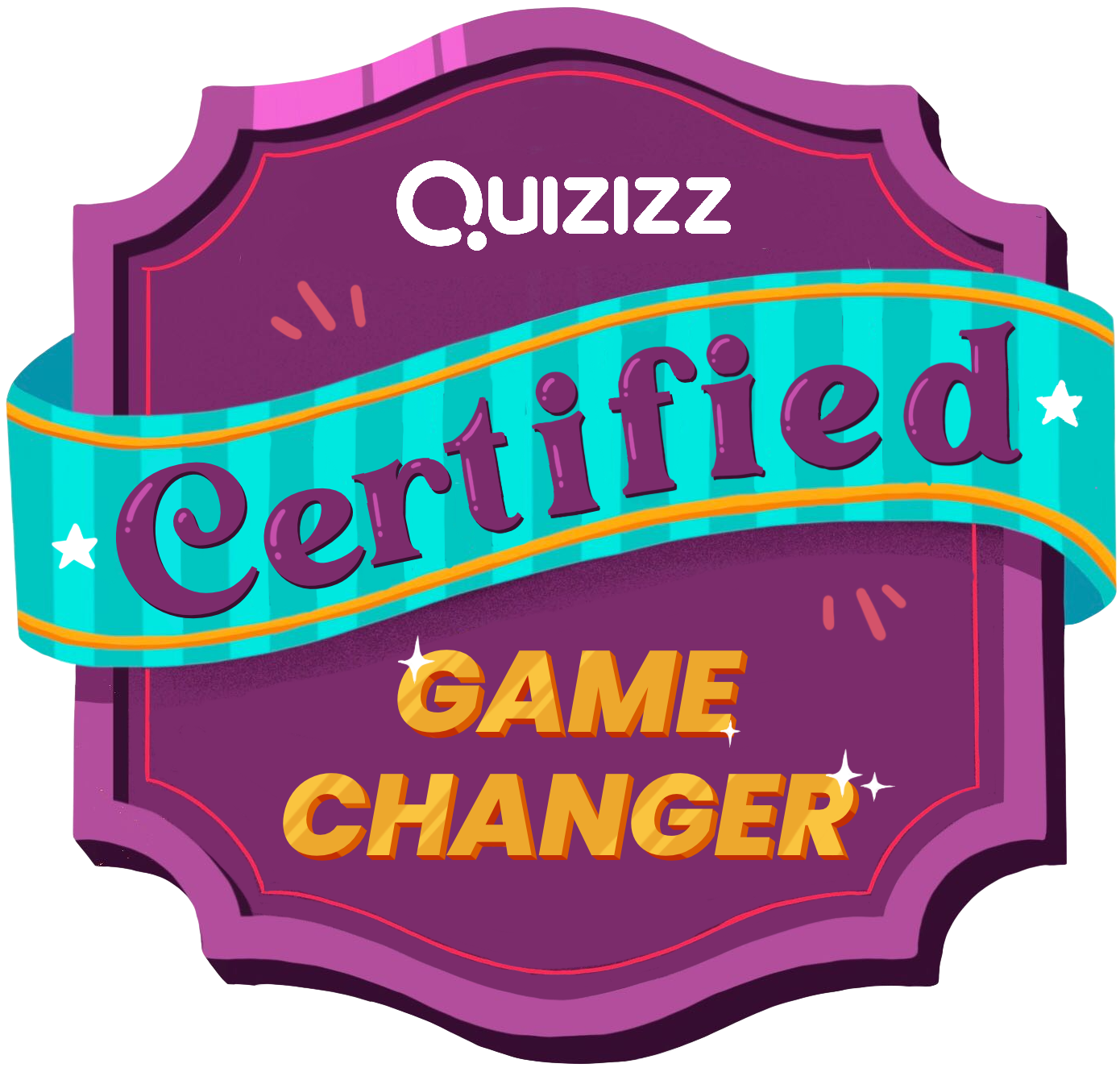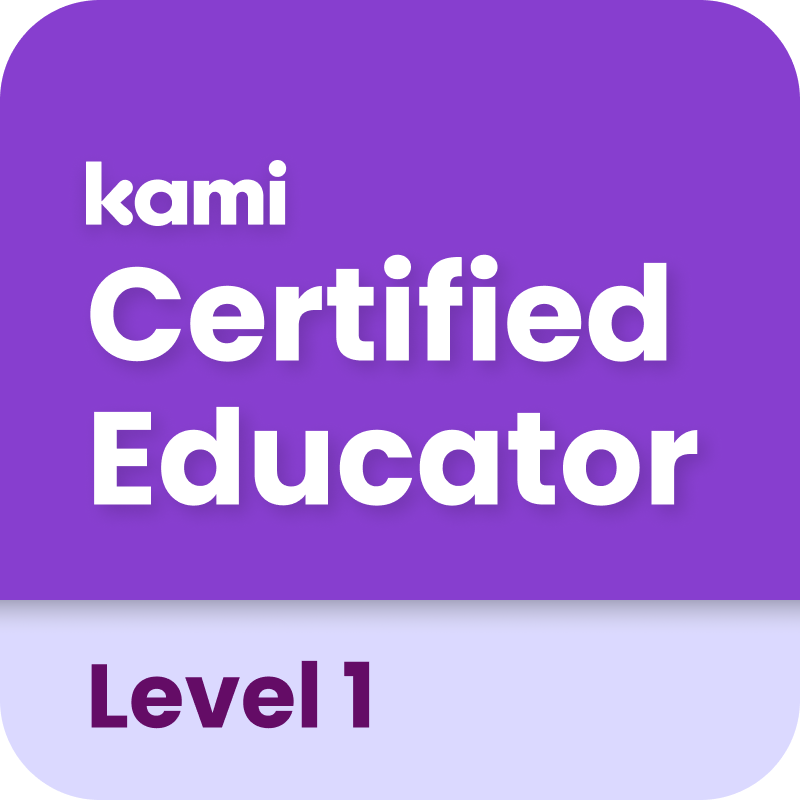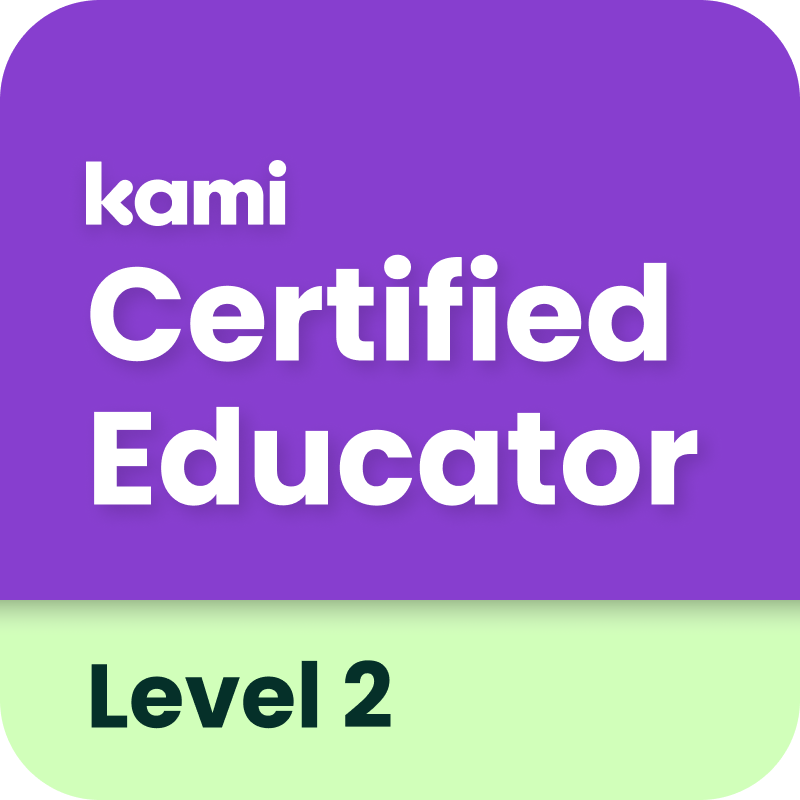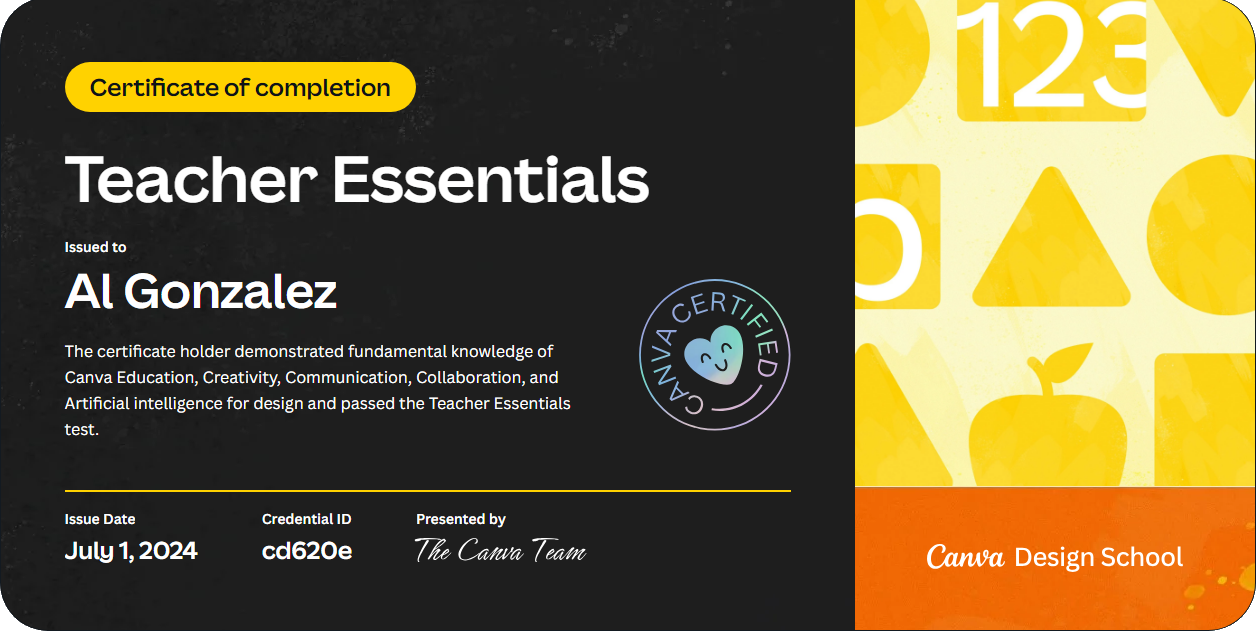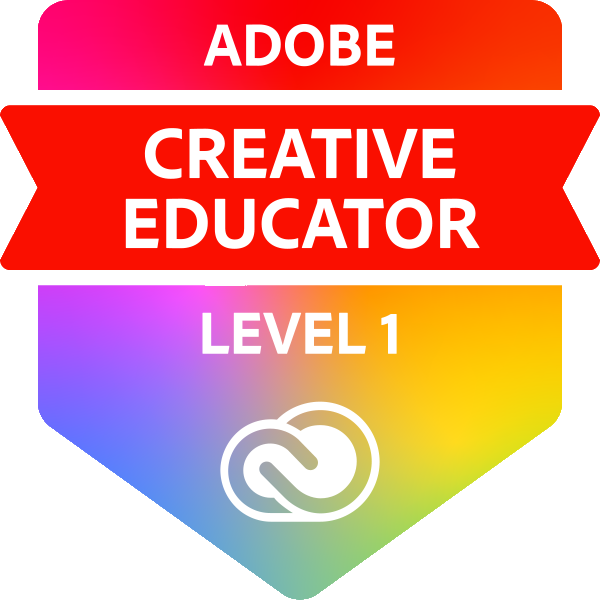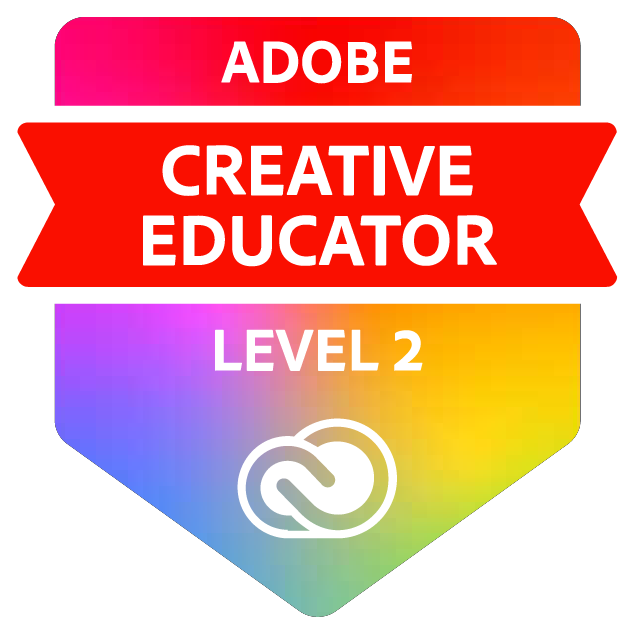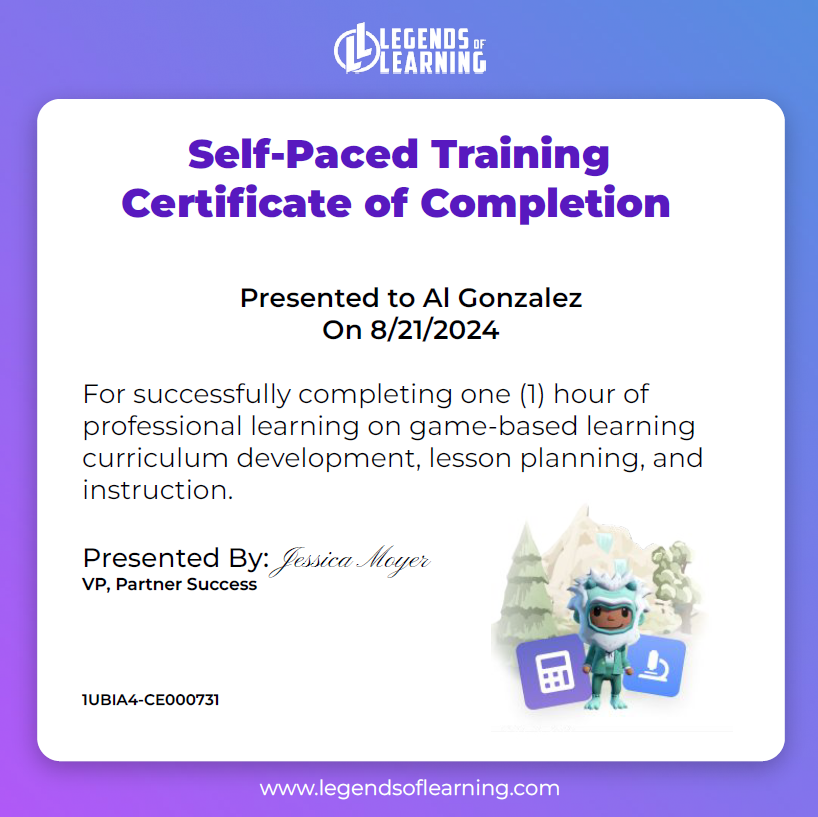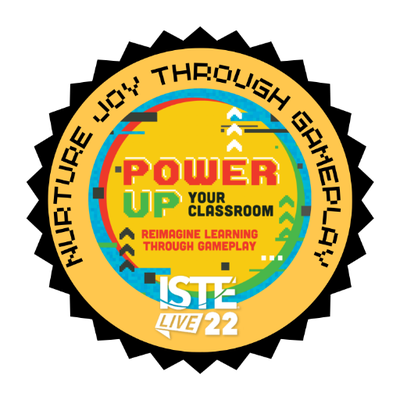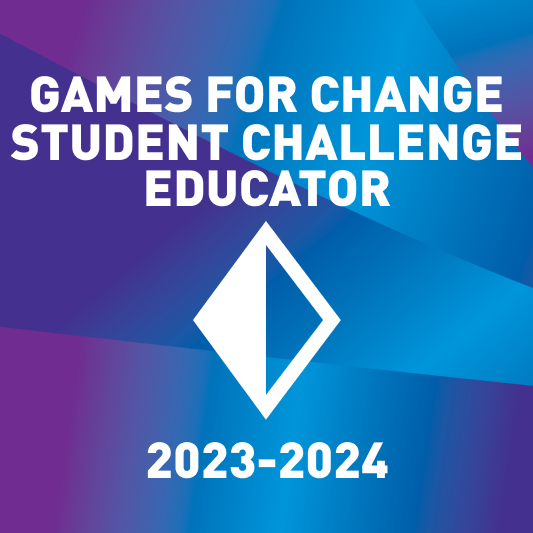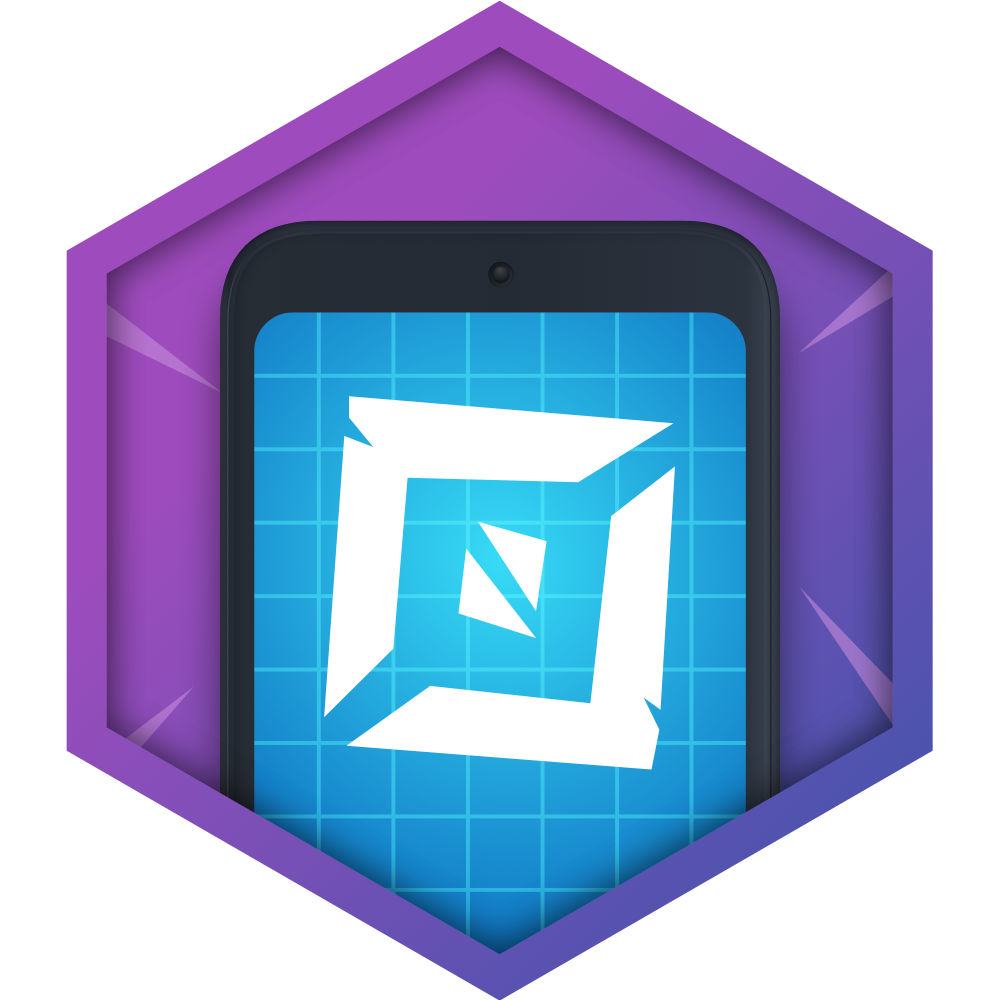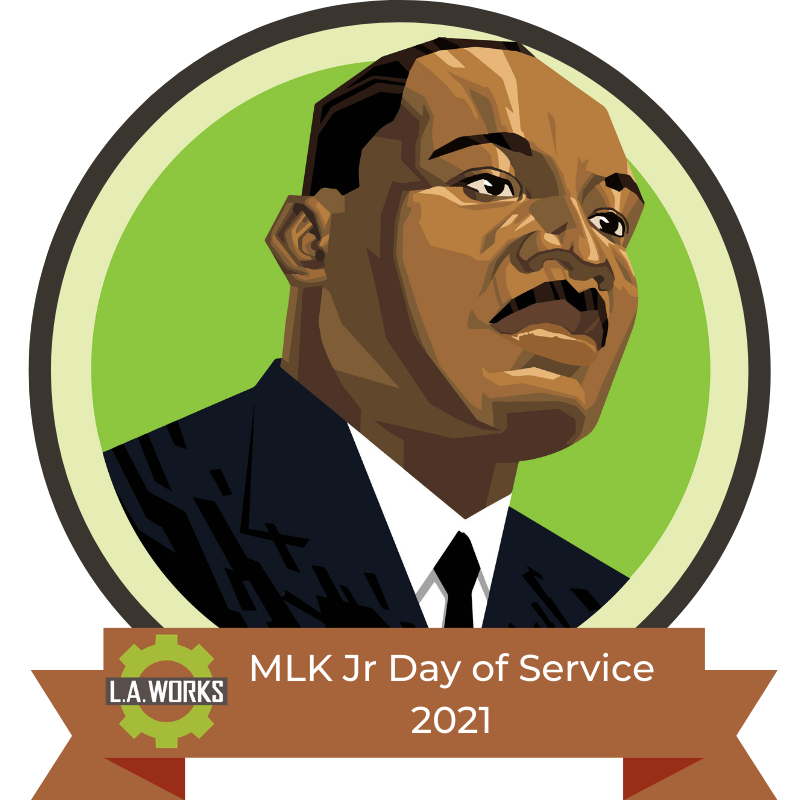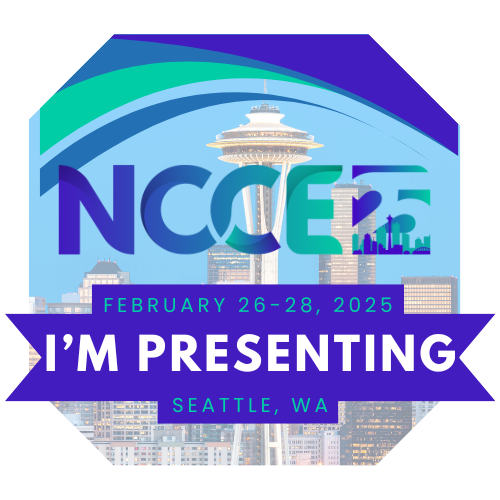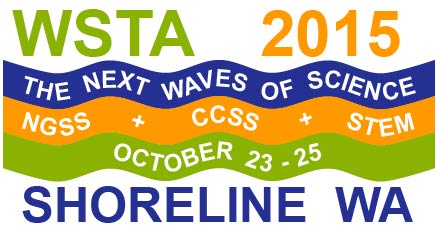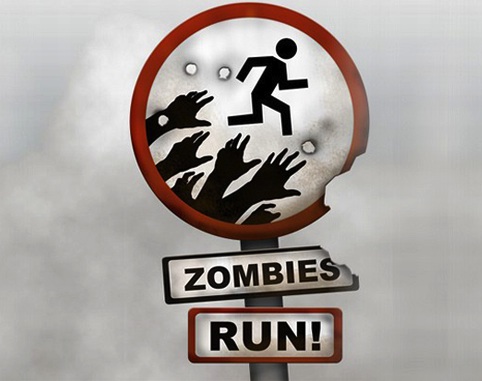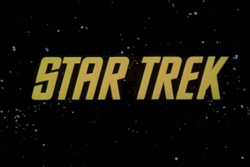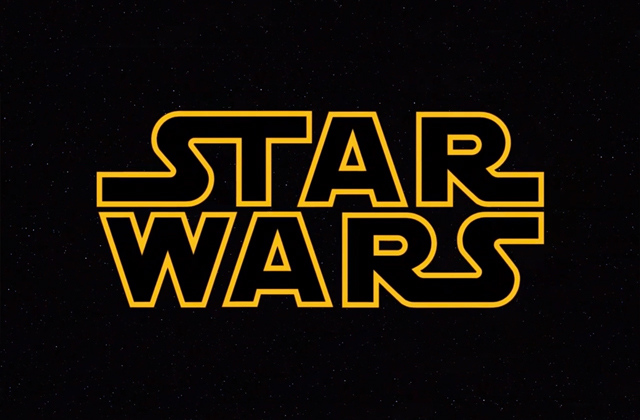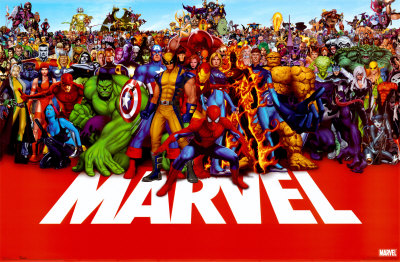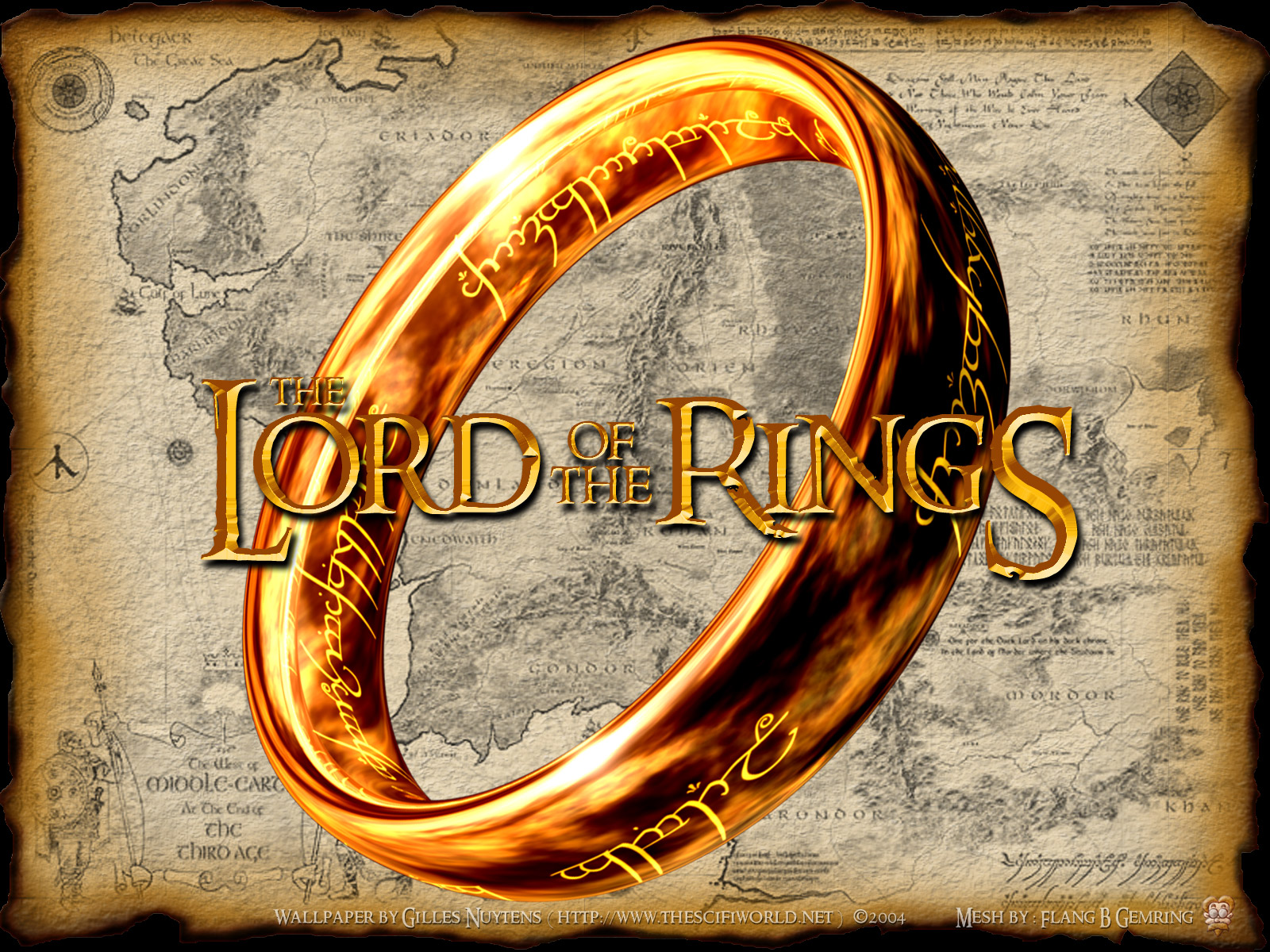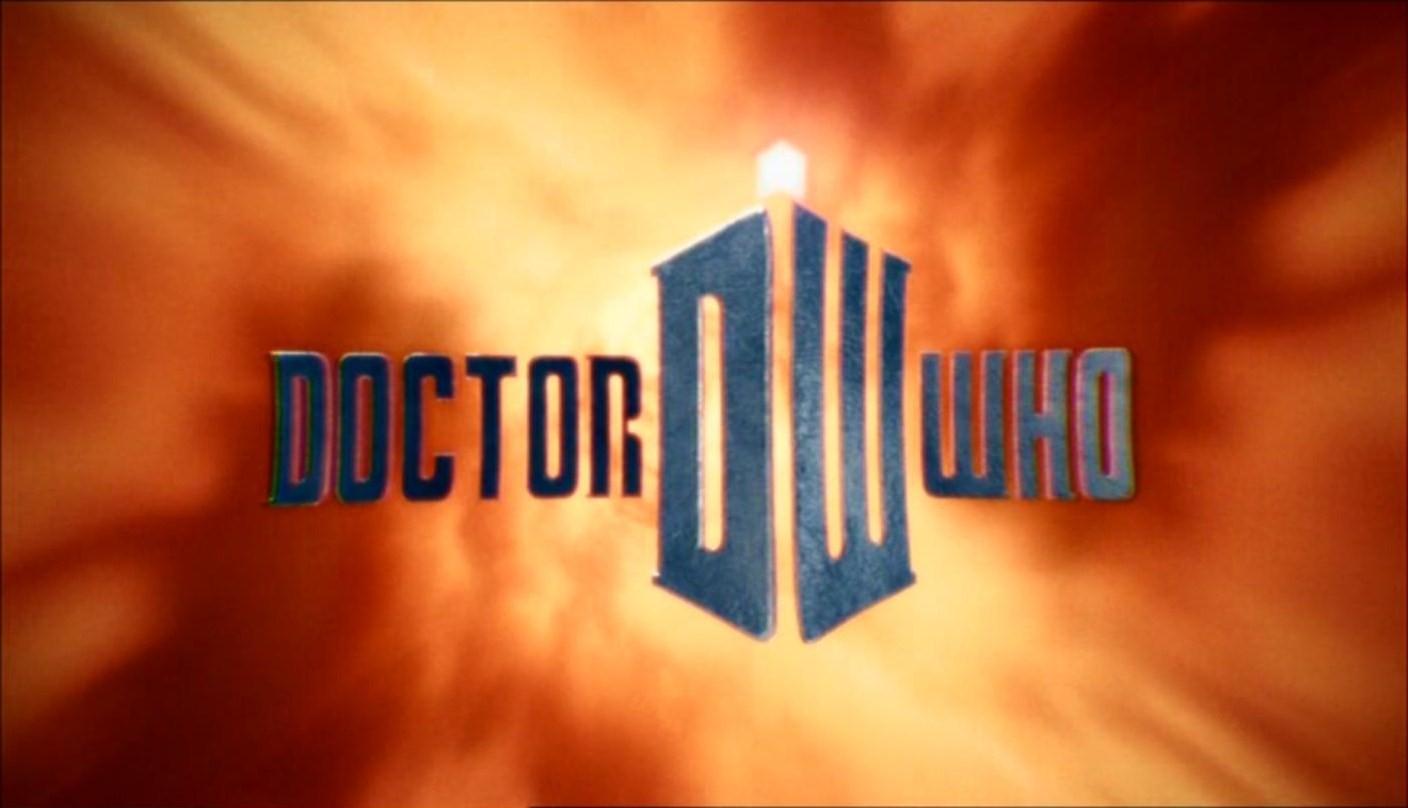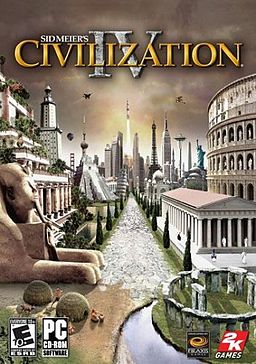Last year our middle school standardized tests went online. The test changed from being called the WASL (Washington Assessment of Student Learning) to the MSP (Measure of Student Progress). A huge change from the WASL to the MSP was cutting out the four point extended response questions. They were actually pretty good questions asking our kids to, for example, design labs or write conclusions on the Science test. They cut those out because they were too difficult and expensive to score. Of course. Luckily, the MSP still has two point, short answer questions where students can share their thinking through writing. The rest of the test questions are the same, old multiple guess questions that many kids dread. So besides cutting out the extended response questions the test went completely online. Okay.
I teach 6th graders and 8th graders. All our 6th graders will spend a few hours taking a Reading test and a few hours taking a Math test. The 8th graders will take a similar Reading test and Math test. Eighth graders will also take a Science test. From 3rd to 8th grade WA state kids take a Reading and Math test every year. They take a writing test in 4th grade and in 7th grade. They take a Science test in 5th and 8th grade. Then they get tested again in 10th grade in Reading, Math, and Science (writing must be too difficult to score). The 10th grade tests need to be passed in order for kids to graduate. High school teachers feel the pressure of those tests so much so that they spend a majority of their school year and their energy on preparing their students for this test. Even if preparing students for the test isn’t the best way to educate or the best way for students to learn they still choose test prep methods to ensure that their kids have the best chances to graduate.
One example in Math of test prep education that isn’t the best way to teach Math is rushing through many concepts to cover them all so that kids will be exposed to anything they’ll find on the test. In reality we know that rushing for coverage results in such shallow learning that it is forgotten after the test. What a waste of a year. In Science if one Science is tested over the others, in WA it’s a Biology End of Course Exam, then the other Sciences don’t get taught. In some WA high schools physics and chemistry classes are being dropped and replaced with Biology End of Course Exam Prep classes. I kid you not.
In elementary and middle school the tests aren’t so high stakes. If kids fail their test every year it really doesn’t matter as long as they pass the 10th grade tests. How many kids do we see mature in high school and finally start succeeding in school? It makes you wonder how much time and energy should we spend preparing them for a test that they will spend a few hours taking once a year. Unless you see each test as a preparation for the high school test. Elementary and middle school teachers who spend a lot of time and energy preparing their kids for a standardized test are trying to give their kids practice so that when they take their 10th grade tests they are prepared and have the best chance of passing. I’m not so sure that is the best way to go. I would rather spend my time and energy, for example in Math, helping kids learn how to think Mathematically and how to solve problems instead of preparing them all for a test that might be easy for some and impossible for others to pass.
For me in my Science classes I spend all my time and energy providing the opportunity for my students to learn and do Science. If that means that some kids want to take the curriculum in a different direction or if a class needs to spend more time on a topic then I have the flexibility to do that. I’m not expected to cover a certain amount of curriculum or to be on a certain “page” at any point and time. I’m very fortunate to be able to do what my students need. When it comes to preparing my 8th graders for the Science test (6th graders don’t have a Science test) I do spend some class time having them practice. This year I took each one of my 8th grade Science classes into the computer twice. One the first day students took the online practice test working mostly on their own. I say mostly because I heard some kids helping each other and it sounded great. It made me feel bad that they can’t work together like that during an actual standardized test. On the second we went through each of the 15 questions together. We actually had great discussions and kids shared great ideas for how they answered each of the questions.
What that enough? I don’t know. Kids now know what types of questions they’ll be asked. Questions about content has kids worried because this year we have been learning about Life Science. If the test has any Earth Science questions they learned about that last year. If the test has any Environmental Science or Physical Science questions they learned about those in 6th grade. They know they don’t remember much of what they did last year and in 6th grade so I focused on the two point, short answer questions where they have a better chance of showing the Science they know.
It seems like more of a crap shoot to me than a measure of student progress but nonetheless what goes on in my Science classes will be judged by those scores. My 8th graders will spend one day taking their Science test, really two to three hours, and they spent two class periods, out of 180, practicing for that test. Seems just about right to me.

